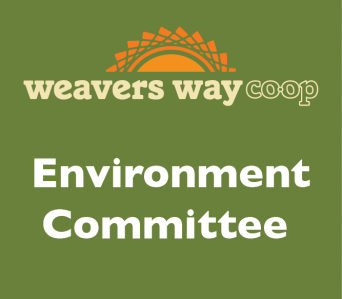
Why Environmentalists Can Embrace Lab-Grown Microbes
One of the founders of a company that produces portable labs to make microbes enlightened an audience of Weavers Way Dining for Women groups on the potential of this technology on Dec. 3 at Lovett Library in East Mt. Airy.
Karen Hogan, a microbiology researcher and co-founder of Biorealize, a Grays Ferry-based networked culturing platform, spoke to the group about the company’s work. The microbes (a/k/a microorganisms) produced by their portable labs make food, fabrics, medicines, and more — a dream-come-true for environmentalists who want to see fossil
fuels replaced by natural elements.
The process starts with what Hogan refers to as an iPad for microbiology. Biorealize manufactures this device, which grows microbes and trains them to produce anything we might need. For example, they can train microbes to create a food that can be used as medicine and would remain viable in poor and remote areas without refrigeration. Microbes can also produce food that is pleasant to the senses, adjusting the flavor and color without adding toxic ingredients — hot chocolate, for example.
Biorealize also offers a platform to add beneficial microbes back into a product (pasteurized milk, for instance) after you buy it. Their lab, which Hogan says does not need much expertise to run, can be used by the common person to design different products. When the microbes finish their fermentation process, they can be directed to break down so the consumer may easily compost them if they’re no longer needed. The possibilities are endless. Healthful desserts can be created using vitamins like beta carotene. These microbes have no known negative impact on the environment, unlike products made with fossil fuels. Microbe-made items can break down and enter the soil once again for future use.
In addition to food, special fabrics can be created by microbes, according to Hogan. A running shirt may have sensors that tell whether the wearer is dehydrated, or if she is being exposed to pollution. Foot inserts can analyze sweat to warn of health problems. Already, microbes are being used for fashion design and are producing different colors on site, a much safer alternative to traditionally produced toxic dyes.
Aside from food, medicine and fabrics, biofabrication may be used to create an alternative packaging to plastic. The packaging can be inflated for use, and contains an organism to consume it when it is no longer needed. A student of Hogan’s is working with a microorganism that does this.
At present, Philadelphia has no community labs (New York and Baltimore do), so this portable lab is important. Hogan is willing to give workshops to a minimum of 10 participants on how to use the portable incubator, which costs around $2,000. Users must be licensed, and the numbers and kind of microbes created mirrors the expertise of the user. The company monitors their devices, and follows Food and Drug Administration regulations. To learn more, go to www.biorealize.com.
